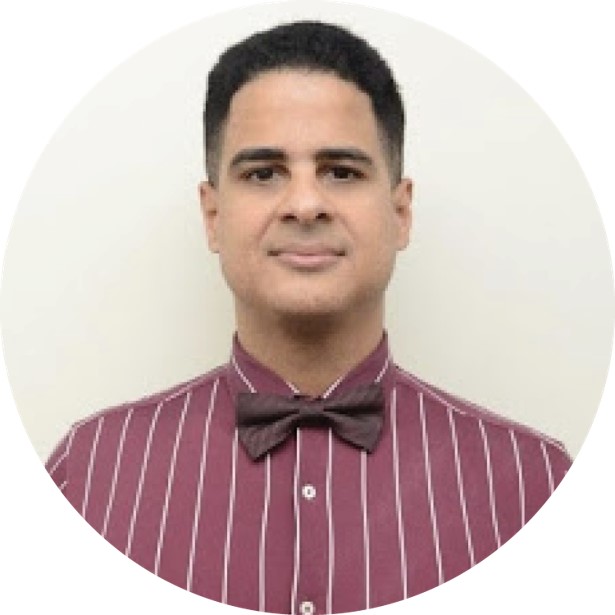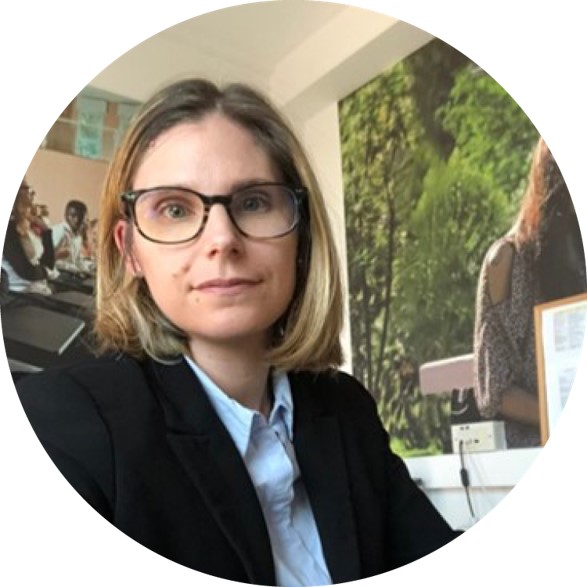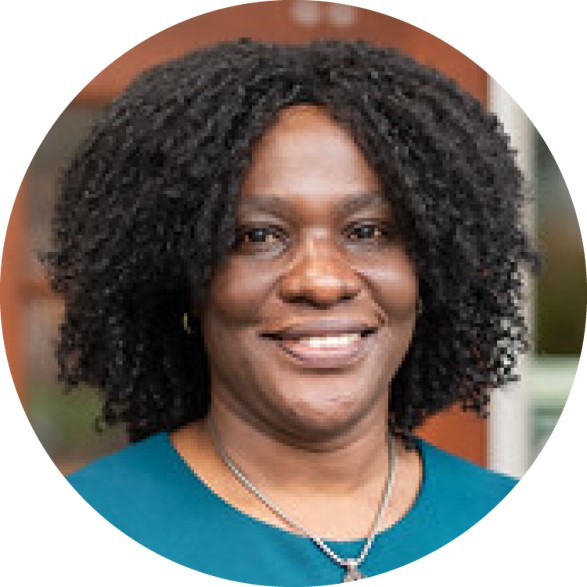 Hosted by: eContent Pro and IGI Global
Hosted by: eContent Pro and IGI Global
Date: Wednesday, June 21, 2023
Time: 10 a.m. EST
In recent years, we have witnessed a rapid evolution in the capabilities of AI, particularly in the field of natural language processing. One remarkable breakthrough that has captured our imagination is the advent of ChatGPT, a cutting-edge language model developed by OpenAI. ChatGPT has demonstrated its ability to engage in meaningful conversations, answer complex queries, and even generate creative content, mimicking human-like interactions like never before.
This webinar aimed to dive deep into the potential implications of ChatGPT's emergence and explore the question: How can this powerful AI tool reshape the landscape of higher education? We challenged preconceived notions, stimulated intellectual discourse, and pushed the boundaries of our understanding.
We brought together a distinguished panel of experts, researchers, and educators who have dedicated themselves to exploring the impact of AI in education. They presented their provocative perspectives, shared insights from their groundbreaking research, and engaged in lively discussions to shed light on the benefits, challenges, and ethical considerations surrounding ChatGPT's integration into higher education.
Please view the recorded webinar below:
Featured Panelists
 Prof. Johan Manuel Tapia Bueno, Instituto Nacional de Administracion Publica, DR
Prof. Johan Manuel Tapia Bueno, Instituto Nacional de Administracion Publica, DR
Johan Tapia serves as a cybersecurity analyst and software engineer, with a PhD in Project Management. He holds the position of Associate Professor at both the Instituto Nacional de Administracion Publica (INAP) and the Centro de Capacitación en Política y Gestión Fiscal | CAPGEFI in the Dominican Republic. His research primarily revolves around various aspects of AI, with a profound interest in Natural Language Processing and its practical applications in everyday life.
 Dr. Sara Fazzin, Xenophon College London, UK
Dr. Sara Fazzin, Xenophon College London, UK
Sara Fazzin is the Head of Academic and Digital Provision at Xenophon College London, an innovative HE provider offering engaging, live online and face-to-face courses to its international students around the globe, where she oversees also XCL Business School. While serving as editorial member in several journals, Sara’s research encompasses from digital learning strategies to new technologies in education, knowledge management and strategic organisational behaviour.
 Prof. Michelle Gumbs, The University of Maine, USA
Prof. Michelle Gumbs, The University of Maine, USA
Michelle Gumbs is an Associate Professor of Literacy Education at the University of Maine, Orono. She has been a teacher educator since 1996. Prof. Gumbs received a doctoral degree in Reading and Language Arts with a cognate in Language Policy and Planning from Ohio University in 2006, and a master’s degree in applied linguistics/TESOL with a complement in Computers for Language Teaching from that same institution in 2002.
 Dr. Monica Jackson, Santa Rosa Academy, USA
Dr. Monica Jackson, Santa Rosa Academy, USA
Monica Jackson, Ed.D. is an educator who specializes in English Literature and Teaching English to Speakers of Other Languages (TESOL). Throughout the past 12 years, Dr. Jackson has taught for several universities including: Wayland Baptist University, California Baptist University, Alliant International University, University of Maryland Global Campus, and Nagasaki International University in Japan.
 Prof. Greg Kessler, Ohio University, USA
Prof. Greg Kessler, Ohio University, USA
Greg Kessler is Professor of Innovative Learning Design & Technology and chair of the Educational Studies department at Ohio University. He has published extensively and delivered keynotes and featured talks around the world. He has served as an editor for numerous monographs, special issues and serial publications. His research addresses technology, teaching, learning, culture and language with an emphasis on teacher preparation.
 Ms. Linda Marron, Edge Hill University, UK
Ms. Linda Marron, Edge Hill University, UK
Linda Marron is a Senior Lecturer for Learning and Teaching Development at the Centre for Learning and Teaching, Edge Hill University, England, UK. She holds the distinguished titles of Senior Fellow of Advance HE and is a recipient of the Collaborative Award for Teaching Excellence (CATE) from Advance HE. Linda is also the Programme Leader for the Post Graduate Certificate in Education, where she provides guidance and leadership to aspiring educators.
Webinar Co-Hosts
 For over 35 years, IGI Global has been a leading medium-sized independent international academic publisher of scholarly reference sources, committed to facilitating the discovery of pioneering scientific research that enhances and expands the body of knowledge available to the research community through traditional and open access publishing workflows. IGI Global publishes quality peer-reviewed content in three major academic subject areas, including Business & Management, Scientific, Technical, & Medical (STM), and Education.
For over 35 years, IGI Global has been a leading medium-sized independent international academic publisher of scholarly reference sources, committed to facilitating the discovery of pioneering scientific research that enhances and expands the body of knowledge available to the research community through traditional and open access publishing workflows. IGI Global publishes quality peer-reviewed content in three major academic subject areas, including Business & Management, Scientific, Technical, & Medical (STM), and Education.
 eContent Pro (eCPro) is a U.S.-based company providing editorial services of the highest quality with the fastest turnaround time and most affordable pricing on the market. Some of eCPro's services include: Copy Editing & Proofreading, Scientific & Scholarly Editing, and Journal Recommendation.
eContent Pro (eCPro) is a U.S.-based company providing editorial services of the highest quality with the fastest turnaround time and most affordable pricing on the market. Some of eCPro's services include: Copy Editing & Proofreading, Scientific & Scholarly Editing, and Journal Recommendation.